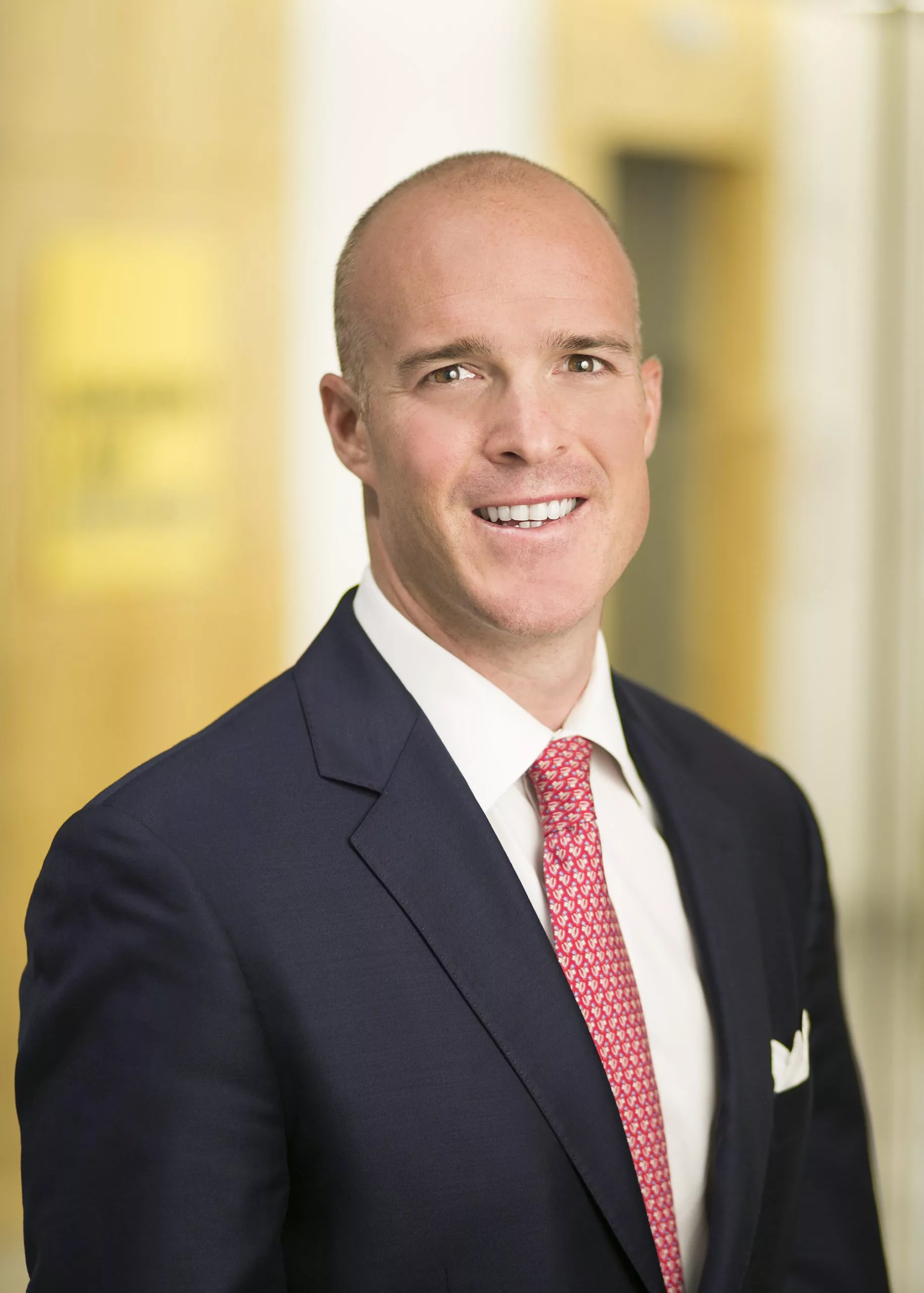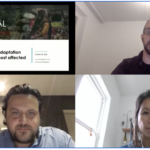A Total Impact conversation with Jesse Clinton, Senior Partner and Managing Director of VERITAS Private Wealth Group at Snowden Lane Partners.
Total Impact is an initiative of The Good Capital Project. This event was developed to meet the unmet demands of Financial Advisors, Wealth Managers, Family Offices, and Investors who are seeking actionable, executable information on building total portfolios that include impact investments across asset classes. Total Impact will convene April 26 and 27, 2018 at the Cira Centre in Philadelphia, Pennsylvania.
Leading up to Total Impact, we will be interviewing key leaders in the field who have partnered with us to help grow the impact investing space through this event. This week we spoke with private wealth manager Jesse Clinton, who serves as Senior Partner and Managing Director of VERITAS Private Wealth Group at Snowden Lane.
Question: Impact is a constantly evolving scene. What are some of the distinct trend lines you observe as the industry has grown and become more mainstream?
Jesse: When we speak to clients now and tell them impact is part of our initiative, we instantly receive a positive reaction. A few years back, we would probably get puzzled reactions instead of a positive response. Some clients wouldn’t even know the term impact investing, while others who knew what it was were concerned they would be giving up performance to retain any kind of sustainability in their portfolio.
Now, there’s less worry about the performance piece. It’s still there, but people want to understand how we can accomplish it. As the impact investing industry becomes more mainstream, I would say the biggest difference is people are ready and willing to listen. People are not only interested but want to hear how they can make their portfolios more sustainable.
Question: What have been the driving forces behind your interest in socially responsible investing?
Jesse: First, almost selfishly, we all feel great when we are able to make a positive impact. I am always trying to find ways to help others because it’s where I get the most satisfaction. Also, for my clients, I want to stay ahead of a trend I believe is becoming more and more mainstream. It is important we show a responsibility to our clients to make sure we bring them a portfolio up to speed with current economic conditions and can take advantage of some trends in the market. Impact/socially responsible investing is a mainstream trend that is here to stay, which is why we want to be on the forefront for clients.
Also, as women and the millennial generation take over market share wealth – these are the products they are interested in working into their portfolios. Even if my clients aren’t necessarily talking to me about impact yet, they expect me to stay ahead of trends and take advantage of market opportunities. If others are investing in this sector, and companies are starting to manage things in a socially responsible way, then it is our responsibility to deliver that opportunity to our clients. I believe we can achieve better performance by investing in socially responsible methods and solutions.
Question: From a client-demand perspective, what are your key takeaways?
Jesse: Actually, the feedback I received from clients reinforced my commitment to learn about impact investing. When our company announced we will donate a portion of the fee we charge to our socially responsible portfolio, the feedback I received from clients was very encouraging. It is a win-win situation when we are able to lower client’s risks and increase their performance so they feel good about what we are doing. The positive response we received regarding our socially responsible portfolio donation was a huge reinforcement from a client-demand perspective. Their reaction reinforced my belief that people care about social impact and they will notice when you care too.
Question: What is an example of an impact insight – something you have learned through experience about impact investing and would want other advisors or clients to know?
Jesse: Without a doubt, I would want people to know you can invest responsibly and sustainably through an ESG (environmental, social, and governance) perspective. Also, now you can accomplish those goals without giving up performance.
Question: Since this conference is geared towards advisors, what do you think is the missing link to equip and empower more advisors to invest in this fast-growing space?
Jesse: Socially responsible investing is still a bit of a fragmented space, which is the most prominent missing link. Advisors are always trying to streamline their business. An example is a planner will go ahead with their planner certification, and through this path they reach the “gold standard” of financial planning. Due to this fragmentation, however, there is no industry standard regarding potential investment measurement, general knowledge, and avoidances. The more our field can defragment information, processes, and best practices, the more there is an opportunity for entry in regards to advisors adopting impact investing.
Question: Right, thank you so much. Now onto the final question – what tools and resources do you recommend for incorporating impact into portfolios?
Jesse: There are so many tools out there, which is part of the fragmentation happening. There are constantly new, developing companies looking at how to measure social and environmental responsibilities of companies. There are different metrics for how people measure ESG.
Right now, I think some of the bigger names are a good go-to to begin understanding measurements. For example, two good places to start would be Morningstar (with it’s robust technology and research) and Bloomberg (also does well with sustainability analytics). As people start to dig, they will find more and more companies who have a good amount of research in measurement.
I also think an easier way to look at metrics is through wirehouses with sustainability teams, since they have done this research and can provide an effective framework. So, if you’re working at a wirehouse, you need to leverage the sustainability team. If you’re working as an independent, a little more work will be required on your end. However, there’s an array of information out there that can positively impact clients.
Overall, I would definitely say Morningstar and Bloomberg are great places to start. If you’re at a bigger wirehouse, there are important tools available for you to leverage. I also think it is important to get involved in the impact investing community – companies like SOCAP/the Good Capital Project will help advisors to understand foreign lingo, available opportunities, and network with some of the leading players within this space.




